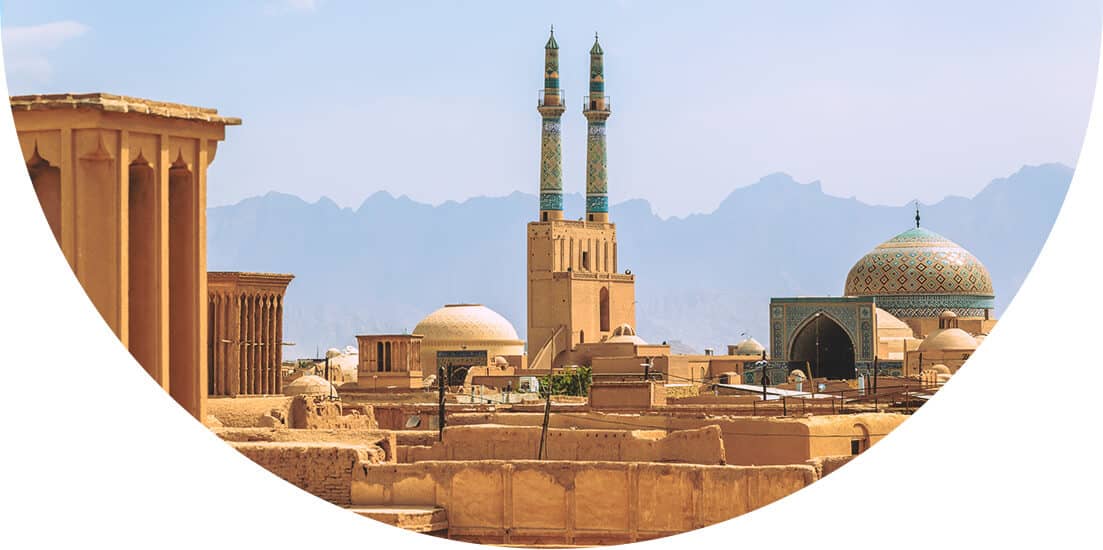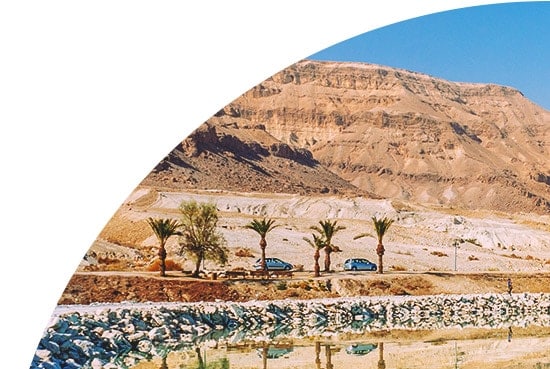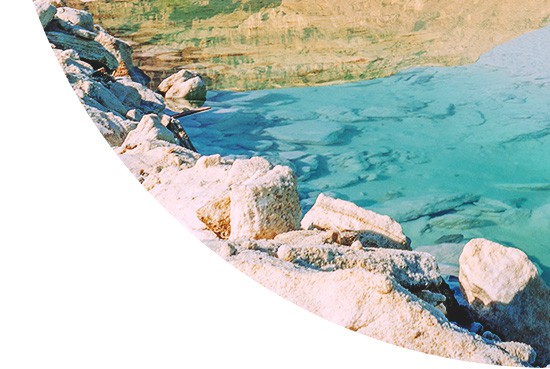Middle East Respiratory Syndrome (MERS) is viral respiratory disease caused by a novel coronavirus (MERS‐CoV). It was first reported in Saudi Arabia in 2012 and has since spread to several other countries. Most people identified as infected with MERS-CoV developed severe acute respiratory illnesses, including fever, cough and shortness of breath. Although it is low risk to most travellers it has a 35% fatality rate, so you should seek immediate medical attention if you develop symptoms during or after travel, ensuring your travel history is mentioned.


Travel Vaccinations for Yemen
Recommended Vaccines for Yemen
The level of protection needed depends on your medical history and travel itinerary. Book now to get a personalised recommendation from our specialist travel nurses. The consultation costs £20 plus any vaccines you decide to take.
Flexible appointments with no upfront payment
Book Now
Destination Information for Yemen
Located at the southern end of the Arabian Peninsula, Yemen is the second-largest Arab sovereign state, with coastline stretching for around 2,000 kilometres. The Rub Al Khali Desert– also known as the Empty Quarter– is second in size only to the Sahara and the 300 metre dunes can be explored in a 4X4 safari adventure.
Other physical phenomena can be found at the Al Mughsail Beach, as you are sure to be dazzled by the explosive blowholes and can escape the heat by taking a refreshing dip in the clear seas.
Infections and Outbreaks frequently change from country to country and by attending our clinics you will be given the most up to date clinical and safety advice from our team of specialists. Our advice to you often includes aspects such as:



